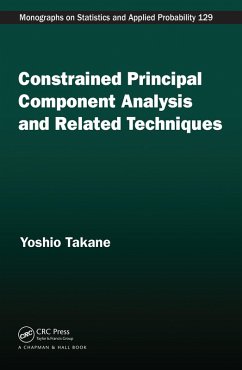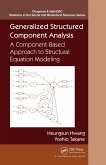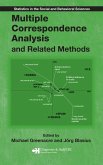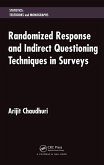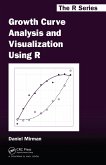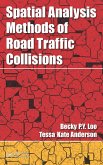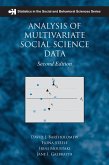This book shows how constrained principal component analysis (CPCA) offers a unified framework for regression techniques and PCA. Keeping the use of complicated iterative methods to a minimum, the book includes implementation details and many real application examples. It also offers material for methodologically oriented readers interested in developing statistical techniques of their own. MATLAB programs as well as data to create the book's examples are available on the author's website.
Dieser Download kann aus rechtlichen Gründen nur mit Rechnungsadresse in A, B, BG, CY, CZ, D, DK, EW, E, FIN, F, GR, HR, H, IRL, I, LT, L, LR, M, NL, PL, P, R, S, SLO, SK ausgeliefert werden.

